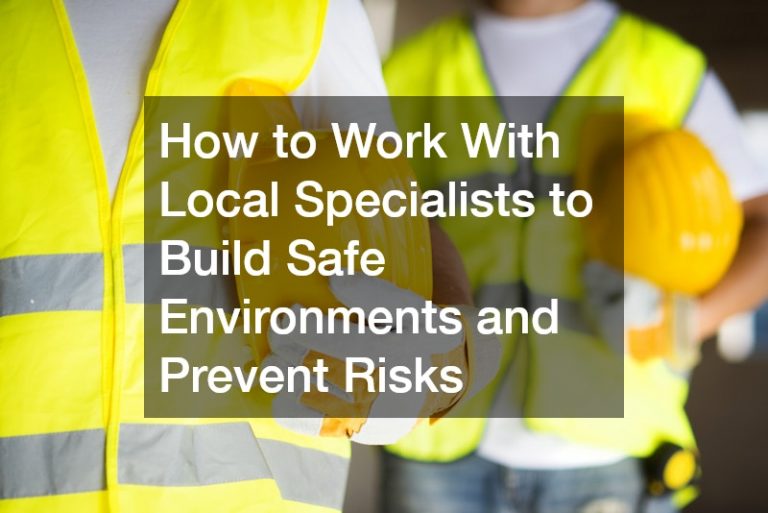Education is a basic human right, but not everyone has access to it. Even in developed nations, access to education, especially post-secondary education or tertiary education, is not affordable to all citizens.
In Australia, more than one in 20 people are drowning in tens of thousands of dollars in debt. Students have to take out loans to afford to go to college. It will take them years of working hard before they officially pay it off.
Gaining a diploma is so expensive that it pushes young people to go into debt but it is necessary. As per the data from 2016, college graduates still significantly earn more than those who do not have a university degree.
Of course, pursuing further education is not a guarantee of success. Underemployment, those who are skilled but working for a low-paying job or are part-timers, is still a problem. In Australia, 13.1% of the population is considered underemployed in 2020.
There are also individuals who were dropouts but are doing very well financially. Mark Zuckerberg of Facebook, Steve Jobs of Apple, and Bill Gates of Microsoft left school without graduating. However, they are exceptions, not the rule. Most of the time, people who have no degree can expect to earn less than their peers who have degrees.
If you want to receive the same amount or more, for your contributions, here are the things you must do.
Earn the Right Certificates
Australian workers are lucky that they can substitute formal education with real-world experience. Those who do not have a college diploma but instead spent their years working in their field can apply for a Recognition of Prior Learning or RPL certification.
An RPL assesses a person’s mastery, skills, and background gained from working, volunteerism, and other activities. It is offered among those who were involved in building and construction, cookery and hospitality, engineering, retail services, etc. It covers a lot of industries and can be applied whether your experience occurred locally or abroad.
Usually, attending seminars and training, which offer a certificate by the end, could also lead to pay increases or promotions. Online learning platforms like Coursera offer short courses from some of the best universities around the world across any subject. By paying a small fee, you can have access to video classes and reading materials, complete activities, interact with fellow learners, and earn a certificate by the end.
The right certificate can help you advance your career. It is evident that you have gained a skill or knowledge about your chosen field. It also reflects that you are willing to improve and remain competitive, something that employers are looking for in an employee.
Be a Willing Mentee

An individual who has a wide experience within your industry will teach you a lot of valuable skills and knowledge. Ask them to become your mentor.
A mentor can guide you to make decisions that will benefit your career. They know and probably have resources that will teach new techniques and boost your proficiency in whichever field. They can give you tips when you are having a difficult time at work or when you are facing a major career choice.
Your mentor can also introduce you to prominent industry people. You can build connections and maybe score a better role in another company. Moreover, they can alert you if there are better opportunities for you out there.
To be a mentee of a respected person in your industry is a privilege.
Go Back to School
School is expensive, but there are obvious advantages you can get from it. Finishing college will give you an edge against other applicants when you apply for work and it guarantees higher pay. Those who continue studying further open access to better professions and much better compensation.
College and post-graduate degrees instill valuable skills and knowledge to students. Employers prefer them because they have prior and more thorough training and, therefore, can give quantifiable contributions to the company. You are considered an expert.
School can also give you opportunities to network. Your classmates or professors may one day help you climb the corporate ladder and become successful in your field. In university, you will come across dozens of people, each one of whom may be your key to a better future.
Getting an education does not guarantee wealth. Not finishing school does not doom you to poverty either. However, those who do not have a degree do have to work harder to prove their value in the workforce. They likely will also get lower pay than their peers. But, they can change their situation by learning through seminars, from a mentor, or by going back to school.











